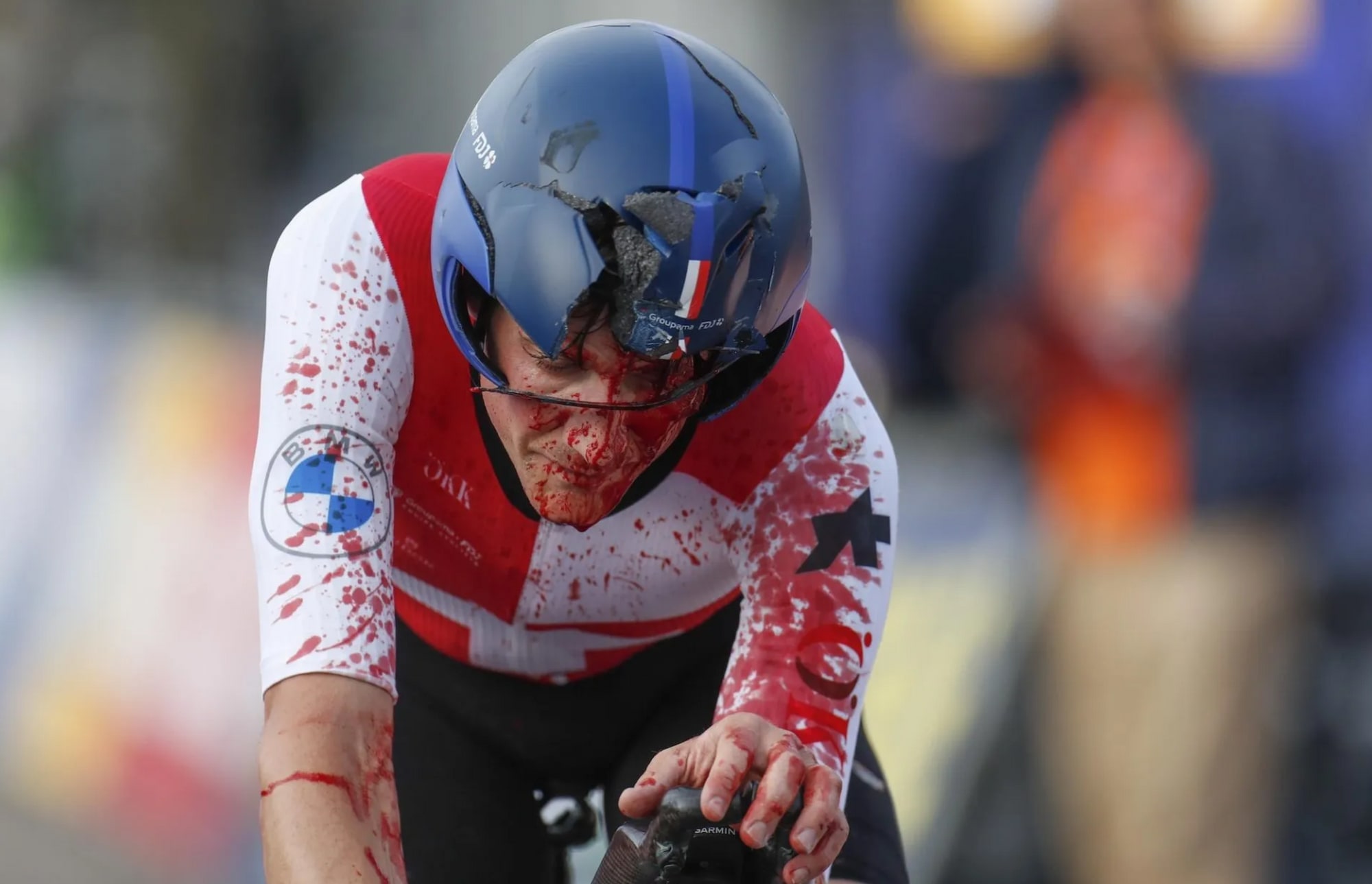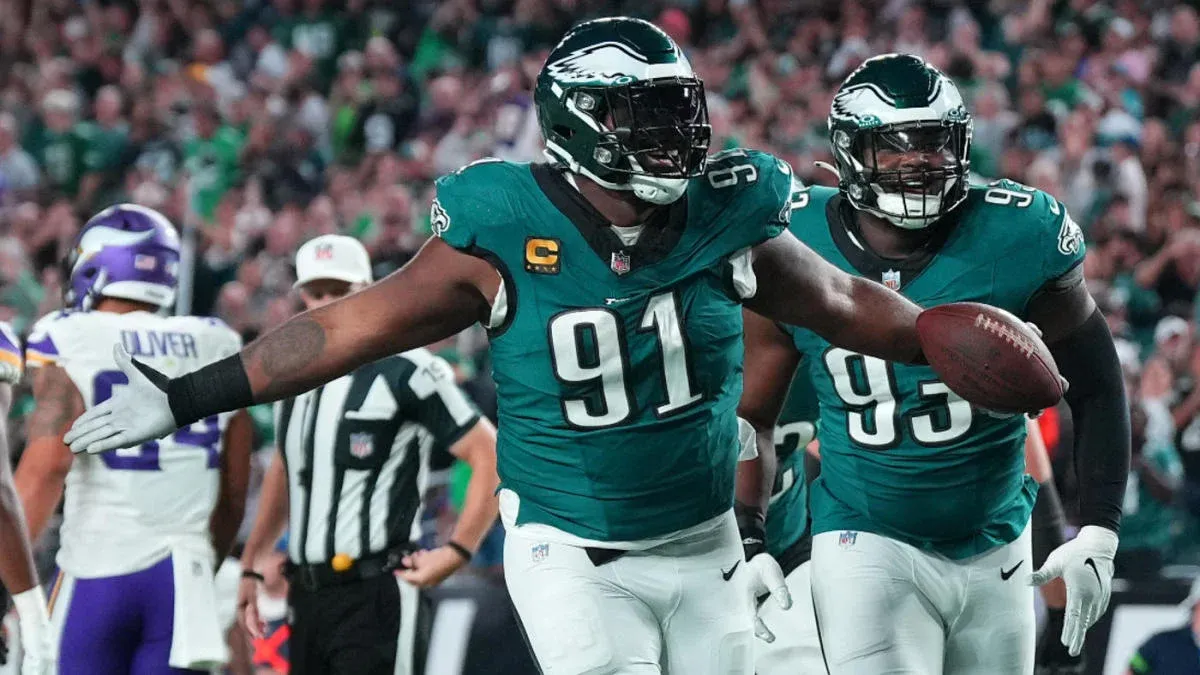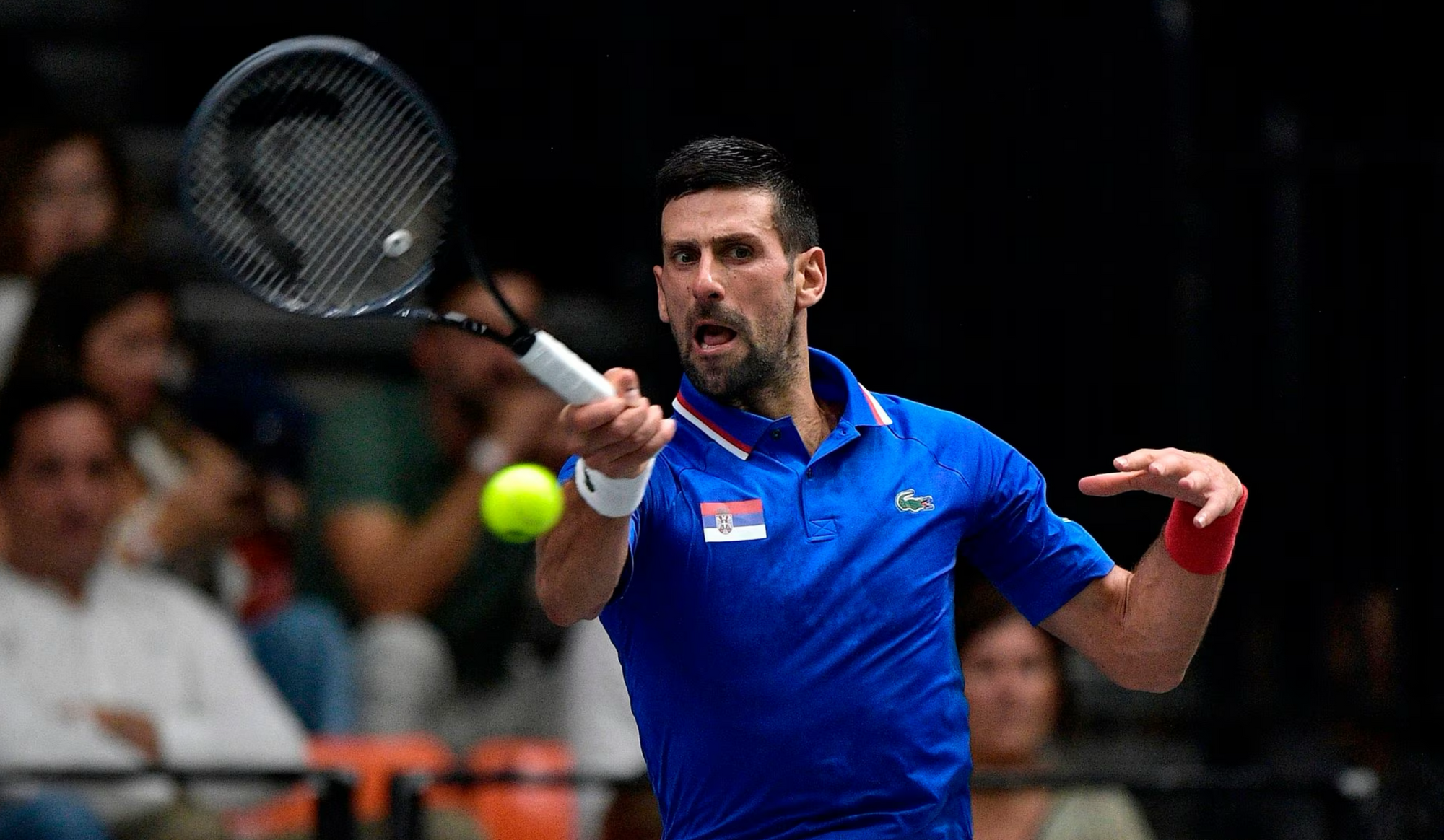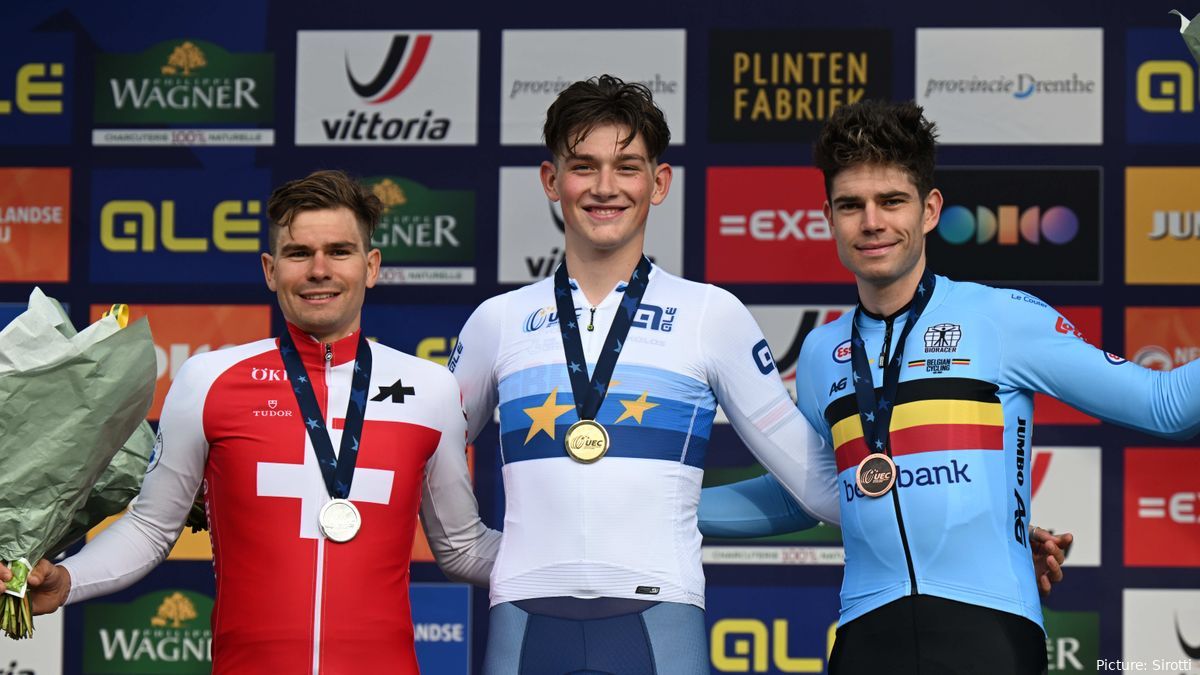Why Short Betting Odds In Cycling Aren't Worth It

We always felt that short cycling odds were never worth it, and the European Championships Time Trial have provided a grand opportunity as to why. Let's see a quick recap of where the odds stood two days prior to the race starting.

It was clear that Joshua Tarling was the heavy favourite. On Instagram he could be seen being coached by Dan Bigham, supreme aerodynamics coach, and with no Filippo Ganna to challenge him the victory seemed guaranteed. Prior to the race the odds for Tarling to win had ticked down to 1.51.
Wout van Aert's form had been lacklustre leading into the race (our take is that the new baby is taking it's toll - sleep is important, but so is motivation when it comes to time trials).
That left Stefan Bissiger and Yves Lampaert and were they really going to be able to compete against Tarling? The data said no. It wasn't even going to be close.
Our internal Discords were a reverberating echo chamber that Tarling was going to "send" the race (our slang isn't quite up to date, but apparently this is the new term for epically crushing the competition).
In retrospect, we also knew he was going to win, but there was an itchy feeling in the back of our brain that reminded us that cycling is different.
How so? Let's change gears a little bit and talk about American Football; specifically the National Football League (NFL). The season has just started and we're headed into the third week. The make or break week. Or as some people colloquially call it - the "kitchen sink" week. Where those teams that are 0-2 have to throw the kitchen sink at winning as teams that go down 0-3 are almost virtually guaranteed to not make the playoffs.

But this is a cycling betting blog, what does the NFL has to do with it? Well. The odds for a favourite team to win in the NFL typically hover around where Joshua Tarling was prior to the race starting (1.5-1.7). The difference? Tarling is one man. We could stop there but Tarling is also riding an extremely crashable machine.
The likelihood of a cyclist crashing, in our opinion, is not baked into cycling odds. How many favourites do you know of in Grand Tours that have ended up dropping out due to crashes, or other circumstances, this season? Enric Mas and Richard Carapaz in the Tour de France. Remco Evenepoel in the Giro, and we'd argue in the Vuelta as well. We could list even more.
And what about the mental aspect? Marlen Reusser was the odds on favourite to win the World Championships in Glasgow this year. Ten kilometers into the race however she stepped off the bike. The reason? Reusser said she just wasn't there mentally to compete.
Finally, there's the form question. How many times have cyclists complained that there "legs just weren't there" that day. Bisseger, on the startlist and one of the favourites for the European Time Trial, recently said this exact thing after the individual time trial during the Vuelta this year.
The latter point one could argue wouldn't apply to Tarling because he was simply so far ahead of his competition. Evenepoel won the second Giro Individual Time Trial even when he likely had COVID. But still. The likelihood of any cyclist dropping out or having an off day is simply too high for short odds.
Stephen Kung illustrated this perfectly. The third favourite, just behind Wout van Aert, who was racing extremely well during the time trial only to crash into a barrier and become completely out of contention for the race win. The same could have happened to Tarling. Especially Tarling, as young riders typically have higher crash risks.
With NFL teams, if one player is injured there's still a whole roster to support for the win. You're betting on a group which drastically reduces the risk you're completely out of luck if the key running back for the NFL team tears his ACL.
One could play devil's advocate and bring up other individual sports with similar odds. Let's take tennis as an example. Odds for a tennis favourite typically get even lower than cycling hovering around 1.2. We'd argue that there's no such crash risk in tennis, and the injury risk per match is lower than that of cycling.
Tennis matches are long, and even if a tennis player does get injured, they can apply a myriad of temporary solutions that may get them through the match. The game pauses to let these temporary measures (ice, taping) be applied too. The race doesn't stop when a cyclist crashes.

At the end of the day, everything ended well for Tarling and he took the win by a healthy margin. But he could have been Kung in our opinion. He could have been Reusser. At this is the epitome of our argument.
We feel similarly, even potentially more so, if the event isn't a one day event. Yes, your rider has that many more days to become healthy during a multi stage tour (or Grand Tour for that matter) after contracting an illness. But other than sickness to overcome, it's highly likely that if they crash out physically (or mentally like we think Remco did in La Vuelta) they're not coming back into the race. And there's just that many more days that the rider can crash out.
This isn't a hard line. We'll still take short odds (2.00+) on Pogačar and Vingegaard on week long tours, but anything shorter than that and we'd recommend you double check yourself.

